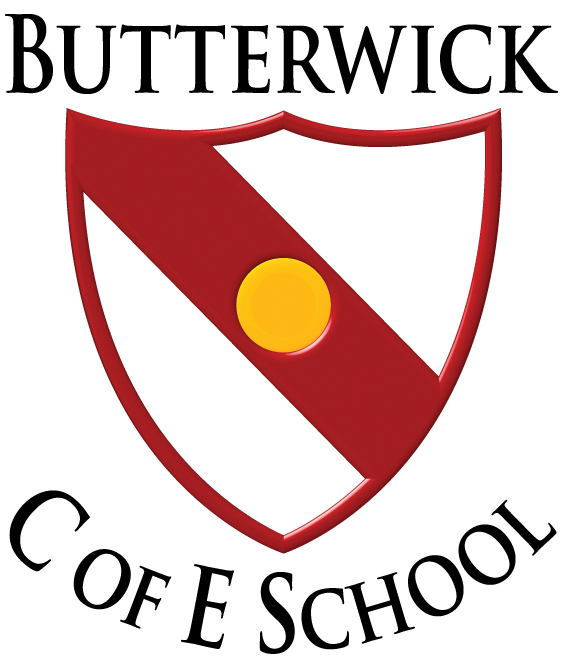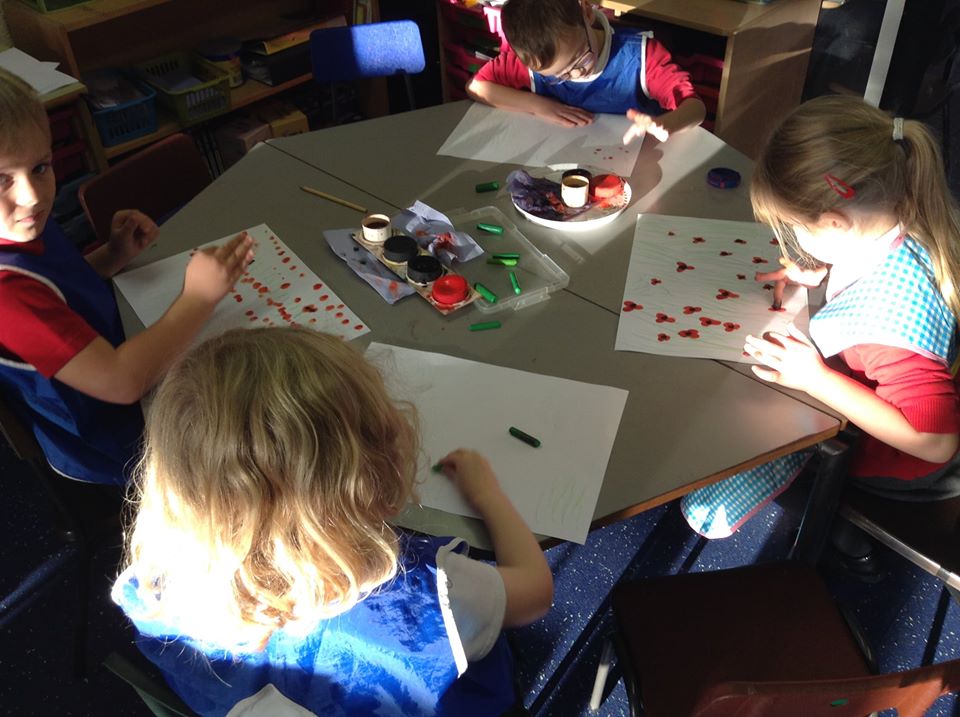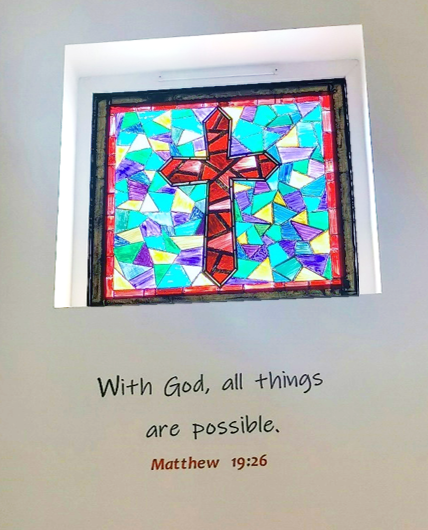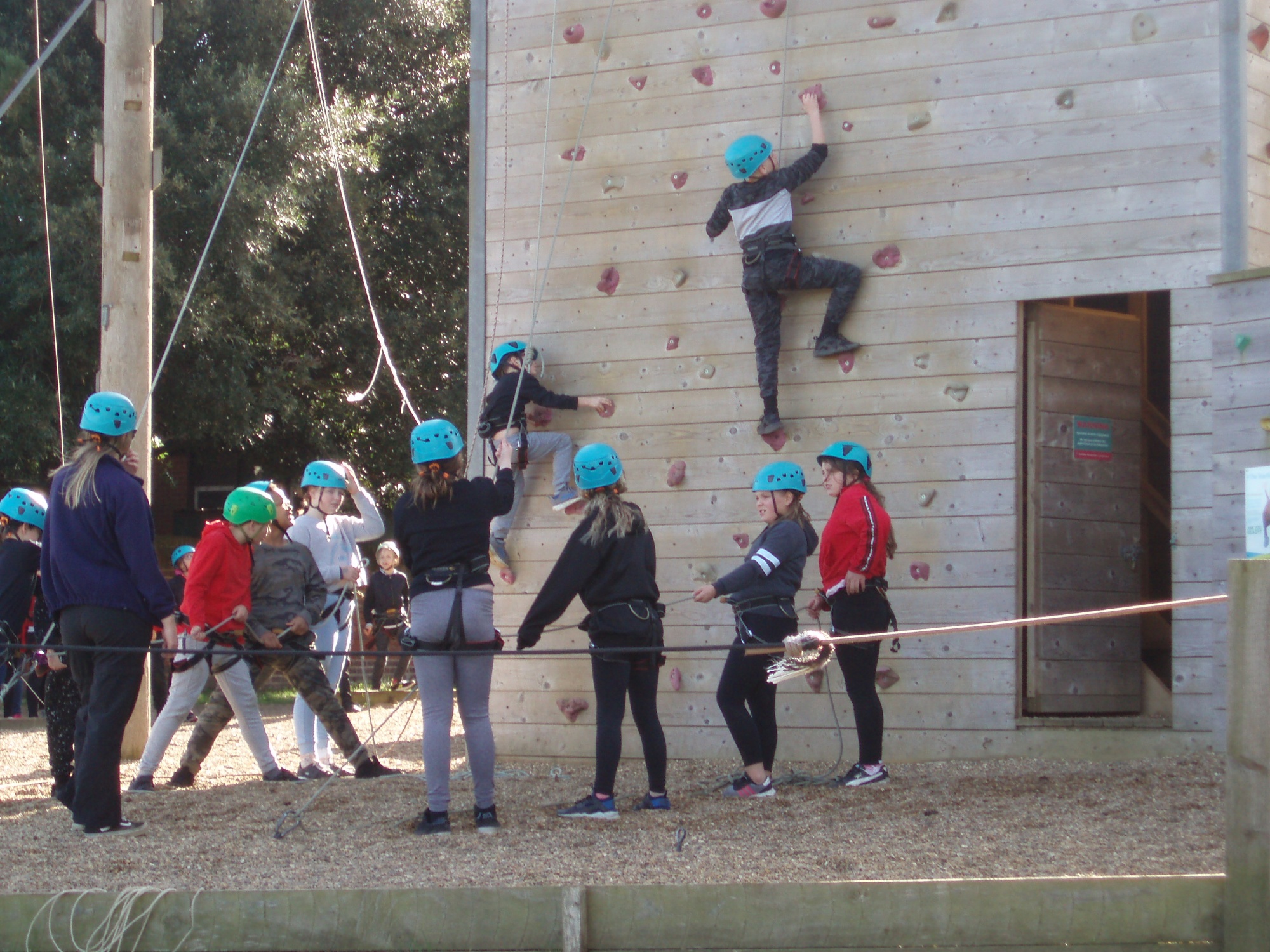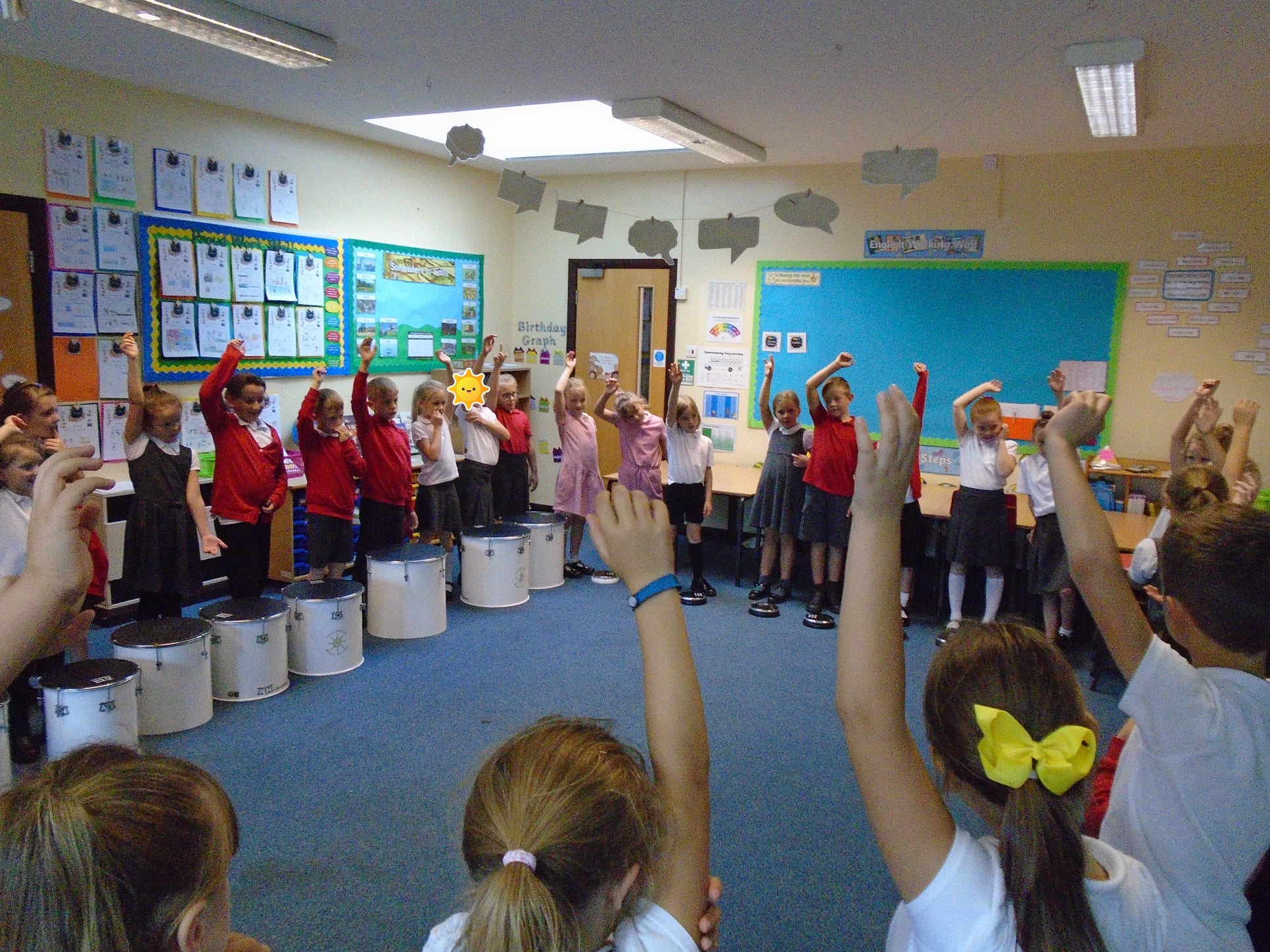RE
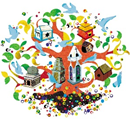 R.E. CURRICULUM INTENT STATEMENT
R.E. CURRICULUM INTENT STATEMENT
INTENT
The teaching and learning of R.E. provides the foundations for understanding the world through specific aspects of Theology (believing), Philosophy (thinking) and Human Science (living).
Our Religious Education curriculum aims to promote strong understanding of beliefs, values, practices and ways of life of a variety of religions.
Our intent is to develop children who are:
- Religiously literate pupils - who can discuss their own beliefs and appreciate those of others. Asking questions and making links between beliefs will also be developed.
- Global citizens - who learn and explore different faiths and belief systems, respect the beliefs of others and display an awareness of what these beliefs are based on.
- Asking ‘bigger questions’ – what they believe and their ability to make a difference.
IMPLEMENTATION
The curriculum is structured using a two-year rolling programme based on the Lincolnshire Agreed Syllabus and Understanding Christianity. Links are built right from the EYFS to Y6 so that understanding and knowledge is built upon:
- EYFS theme – special people in the children’s lives, leading to religious figures, texts and beliefs.
- KS1 – God in his different forms in religions and comparing beliefs, traditions and places of worship.
- KS2 – God as he is seen in Christianity, Islam and Judaism; the natural world; exploring what the children believe and how religions are put into practice.
At Butterwick C of E Primary School, teachers:
- Use effective questioning to challenge pupils to apply their learning in a range of ways and reflect on their thinking.
- Have high expectations of the quality of work produced and the expectations of writing in RE matches that of English.
- Use religious texts, images and specialist vocabulary.
IMPACT
By following the Understanding Christianity resource, the activities and content support teachers and pupils to develop their understanding of Christianity and their religious thinking in the process. They explore significant theological issues within Christianity as part of a wider religious and cultural community. In addition to this, the Lincolnshire Agreed Syllabus provides a balanced approach to RE in terms of believing (theology), living (human/social sciences) and thinking (philosophy). The main impact would be that the children are nurtured into becoming religiously literate individuals who can make links between religious beliefs and practices.
